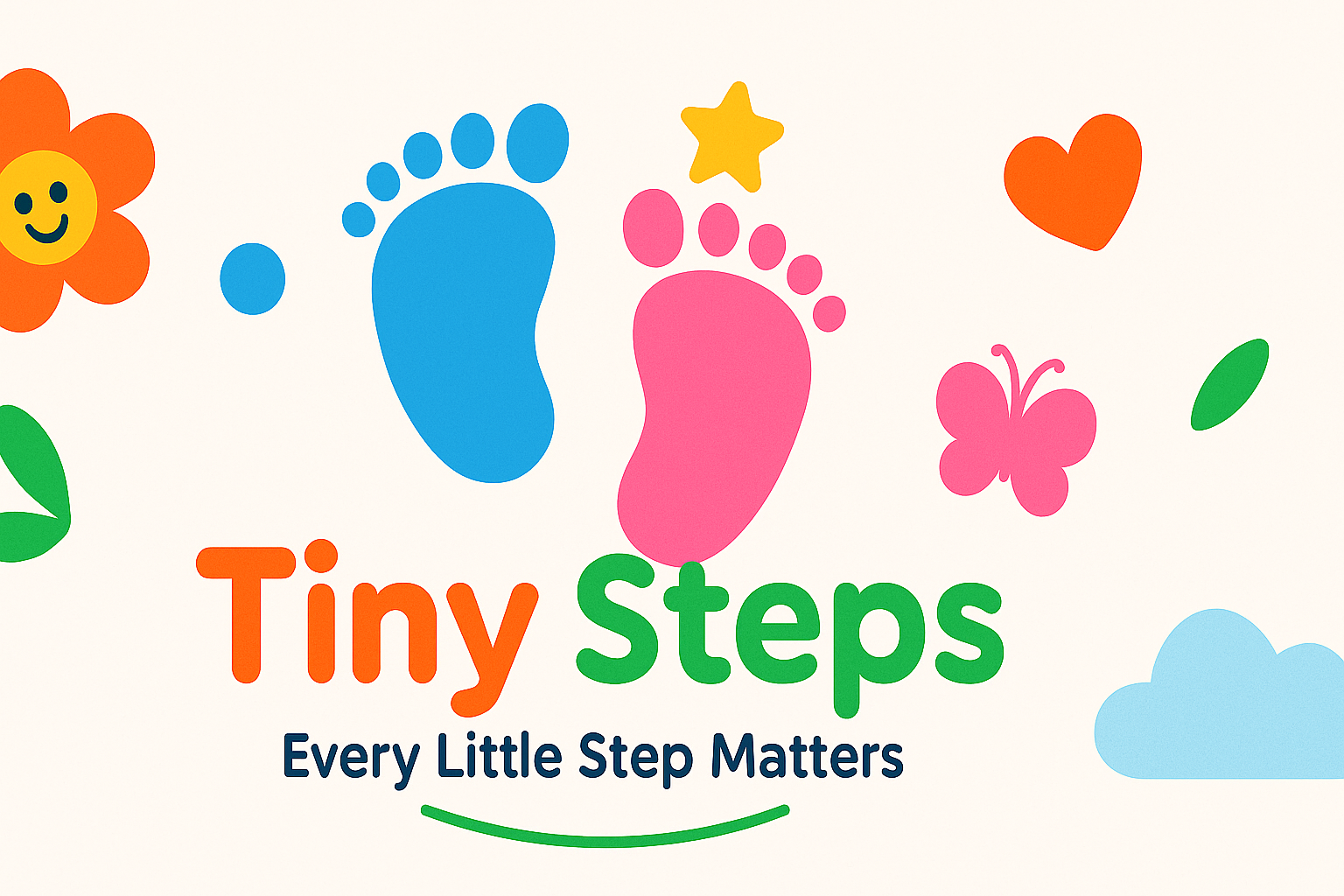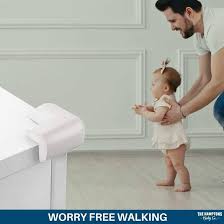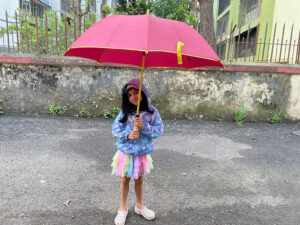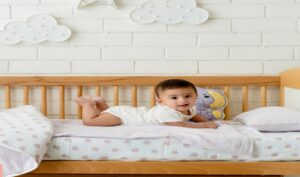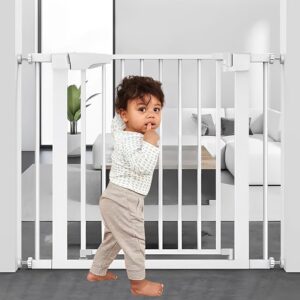Baby Safety Checklist – Protecting Your Little One at Home
Bringing a baby home is a joyful milestone—but it also comes with a responsibility to ensure your home is safe. Each room holds potential hazards for a curious infant or toddler. This comprehensive baby safety checklist will help you baby-proof every corner of your home, ensuring peace of mind for you and a secure environment for your child.

Contents
General Home Safety
- ✔️ Use childproof outlet covers on all sockets.
- ✔️ Install safety gates at both top and bottom of stairs.
- ✔️ Avoid baby walkers—use stationary activity centers instead.
- ✔️ Store all cleaning agents and chemicals far from children’s reach.
- ✔️ Tie up or shorten curtain and blind cords to prevent strangulation risks.
- ✔️ Install and maintain smoke detectors near bedrooms and common areas.
- ✔️ Keep small objects (including deflated balloons) away from children.
- ✔️ Use corner guards on furniture and fireplace edges.
- ✔️ Identify and label all indoor plants in case of accidental ingestion.
- ✔️ Properly vent heaters, fireplaces, and gas appliances.
- ✔️ Secure heavy furniture to walls to prevent tipping.
- ✔️ Lock away firearms and ammunition safely.
- ✔️ Test for lead paint and asbestos if your home was built before 1978.
Baby and Kids’ Room Safety
- ✔️ Ensure cribs meet modern safety standards—no drop-sides or gaps.
- ✔️ Use snug-fitting crib mattresses and sheets.
- ✔️ Keep stuffed toys, blankets, and pillows out of the crib.
- ✔️ Always supervise diaper changes—never leave baby unattended.
- ✔️ Remove mobiles and hanging toys once baby can reach them.
- ✔️ Place infants under 12 months on their backs to sleep on a firm mattress.
- ✔️ Keep night-lights at least 3 feet away from fabric and bedding.
- ✔️ Install window guards and door stops.
- ✔️ Choose toys appropriate for your child’s age—check safety labels.
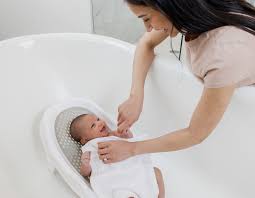
Bathroom Safety
- ✔️ Lock medicine cabinets and keep products out of reach.
- ✔️ Set your water heater to 120°F (49°C) or lower to prevent burns.
- ✔️ Always test water temperature before bathing your baby.
- ✔️ Never leave your child alone near water or in the bathtub.
- ✔️ Use toilet lid locks and nonslip mats in the tub.
- ✔️ Install GFCI outlets near sinks and tubs for added protection.
Kitchen Safety
- ✔️ Keep knives, cleaners, and plastic bags out of reach.
- ✔️ Use stove knob covers to prevent accidental turning.
- ✔️ Never leave a baby unattended in a high chair—always use safety straps.
- ✔️ Replace worn cords and avoid trailing wires.
- ✔️ Keep chairs and stools away from stoves and counters.
- ✔️ Move household cleaners to high cabinets or use childproof locks.
Outdoor/Yard Safety
- ✔️ Store tools and chemicals in a locked shed or garage.
- ✔️ Avoid using lawnmowers when children are outside.
- ✔️ Wait 48 hours before letting children play on treated lawns.
- ✔️ Identify all trees and plants in your yard in case of ingestion.
- ✔️ If you have a pool, install a childproof gate and fence separating it from the house.
Taking the time to check each of these boxes can prevent injuries and give your baby a safe space to grow and explore. Baby-proofing might feel overwhelming at first, but a room-by-room approach can make the process simple and effective.
Prepared by: The Tiny Nest Team
